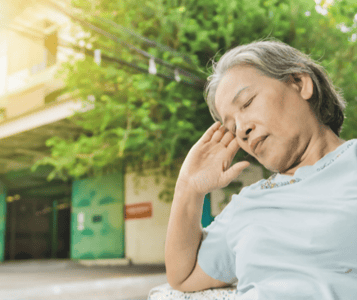Investigating the Use of Self-Acupressure for Fatigue in Ovarian Cancer Survivors

University of Michigan researchers are investigating the use of self-acupressure for fatigue in ovarian cancer survivors.
Clinicaltrials.gov identifier:NCT03763838
About the Study
This study is no longer recruiting patients.
We are studying fatigue after ovarian cancer treatment, as it remains a challenging and common issue for ovarian cancer patients. We are looking at how acupressure may be an effective method for relieving fatigue. Acupressure is a part of Traditional Chinese Medicine and is similar to acupuncture. Acupressure is an easy self-care method that involves placing moderate pressure with your fingers or hand on various points of the body to bring about health or improve symptoms.
Lead Researcher
Suzanna M Zick, ND, MPH
University of Michigan, Department of Family Medicine
Co-director, Integrative Family Medicine
This Study is Open To:
This study is no longer recruiting patients.
This Study is NOT Open To:
This study is no longer recruiting patients.
University of Michigan researchers are investigating the use of self-acupressure for fatigue in ovarian cancer survivors.
Clinicaltrials.gov identifier:NCT03763838